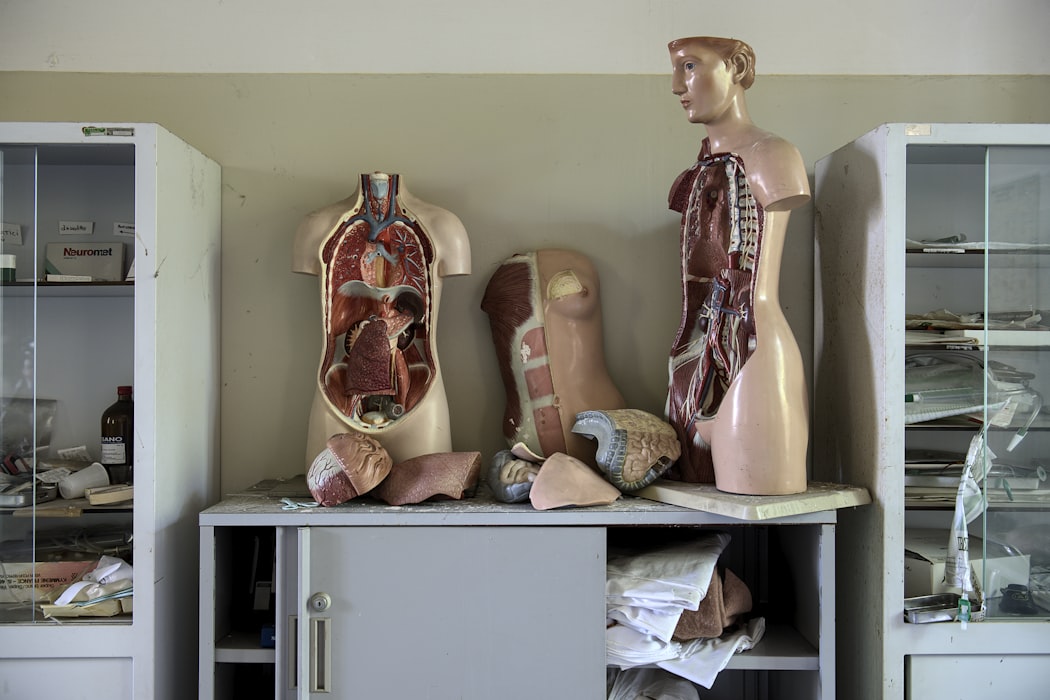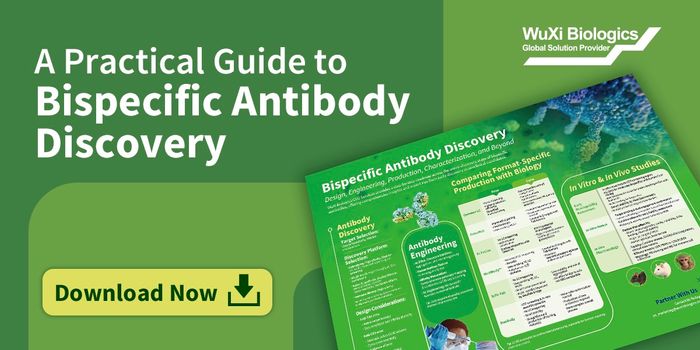New Drug Shows Promise in Fatty Liver Disease
A scientist leads a team to discover the first-of-its-class drug that can inhibit a key enzyme safely and effectively in people living with non-alcoholic fatty liver disease (NAFLD). The drug, an antisense inhibitor called ‘IONIS-DGAT2’, was delivered to clinical study participants via injection and was found to promote a measurable reduction in fatty liver levels.
NAFLD is a chronic metabolic disorder resulting from fat accumulating in the liver cells. It’s a common misconception that NAFLD is a result of excessive alcohol intake and could be due to a wider range of underlying health conditions. NAFLD can eventually lead to liver cirrhosis, cancer, and liver function failure.
"NAFLD wasn't even recognized as a disease three decades ago; now it is alarmingly prevalent, affecting roughly one-quarter of all Americans and emerging as one of the leading causes for liver transplant in the United States," said the study's lead author Rohit Loomba, MD, professor of medicine in the Division of Gastroenterology at UC San Diego School of Medicine and director of the UC San Diego NAFLD Research Center. "Given its relative ubiquity and its potentially calamitous consequences, safe and effective treatments are absolutely needed."
Learn more about NAFLD:
The drug is a gene silencing approach offering a new way to reverse NAFLD. It works by inhibiting an enzyme called Diacylglycerol-O-acyltransferace or DGAT2. DGAT2 is a major player in the progression of NAFLD because it catalyzes the production of fats.
"These findings showed robust reduction in liver fat by MRI without corresponding increases in blood lipids," said Loomba. "Given a significant proportion of patients achieving roughly a 30 percent reduction in MRI-PDFF, the threshold that corresponds with higher odds of histologic response when treated for a longer duration, it looks like after just 13 weeks of treatment, the drug was actually slowing the progression of NAFLD to NASH.”
Findings were published in the journal The Lancet Gastroenterology and Hepatology.
"All of this is very encouraging and argues for the next step: longer term trials to further investigate the potential of this drug in the improvement of liver histologic features associated with NASH, the progressive sub-type of NAFLD."
Source: Science Daily










